5 Black Figures Who Changed Food Forever

Dough mixer
When it comes to the influential individuals in Black history, figures like Edna Lewis and George Washington Carver may be the first to come to mind. While their contributions to the food industry are well documented and appreciated, individuals like James Hemings and Zephyr Wright are discussed less often, though their impact is just as essential.
Those mouthwatering dishes you love? Many of them owe their roots to Black culture. And, did you know that some of your kitchen essentials have a dash of Black brilliance too? Sure, soul food is iconic, but the culinary impact goes way beyond that. From inventing the nifty ice cream scooper to putting Creole and southern cuisine on the global culinary map, Black history is rich with delicious stories.
And while Black history is a vibrant mosaic of achievements that deserves to be celebrated past Black History Month, these five game-changing individuals are a great place to start your journey of deep diving into a history rich with cultural and culinary impact.
Related: How to Celebrate Black History Month, According to Black Chefs
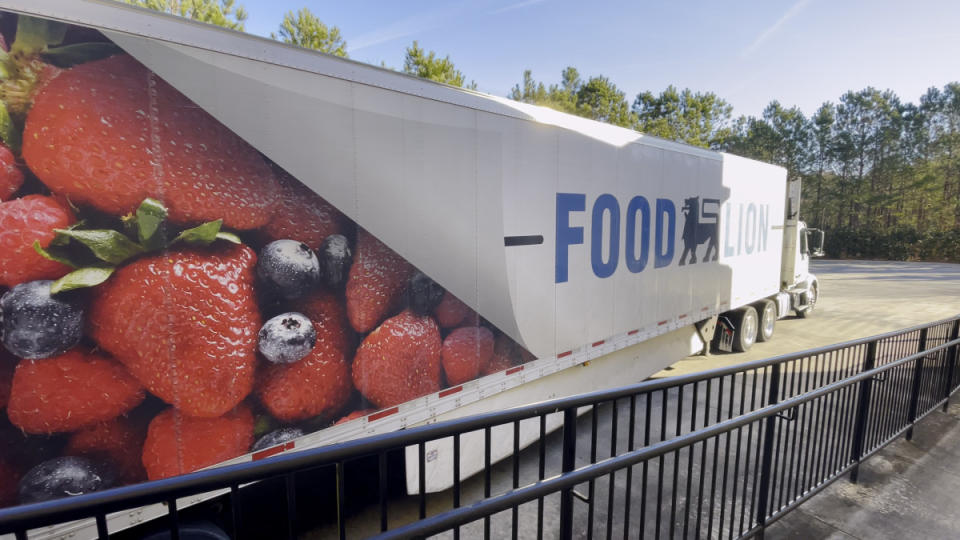
IMAGO / Pond5 Images
Frederick McKinley Jones
Frederick McKinley Jones led the way in the development of portable refrigeration, earning him the moniker "King of Cool." Overcoming a difficult upbringing, Jones was a self-taught mechanical and electrical engineer and established himself as a prominent Black inventor in the 20th century. And throughout the duration of his lifetime, received more than 60 patents.
For example, when the town of Hallock, Minnesota decided to finance a new radio station, Jones took charge of constructing the transmitter necessary for broadcasting its content. Concurrently, he delved into the creation of a device that would merge moving pictures with sound. Recognizing Jones' ingenuity, local entrepreneur Joseph A. Numero engaged him to enhance sound equipment for the film industry. In 1939, Jones expanded his inventive portfolio by introducing a machine that dispensed tickets and provided change at movie box offices, marking the inception of his first patent.
Jones continued to diversify his endeavors, notably embarking on the development of the portable air-cooling unit for trucks transporting perishable goods in 1938. Over time, he adapted the technology to suit trains and aquatic vehicles, establishing himself as a pioneer in mobile refrigeration. Jones' innovations played a pivotal role in ensuring the availability of fresh produce throughout the United States year-round.
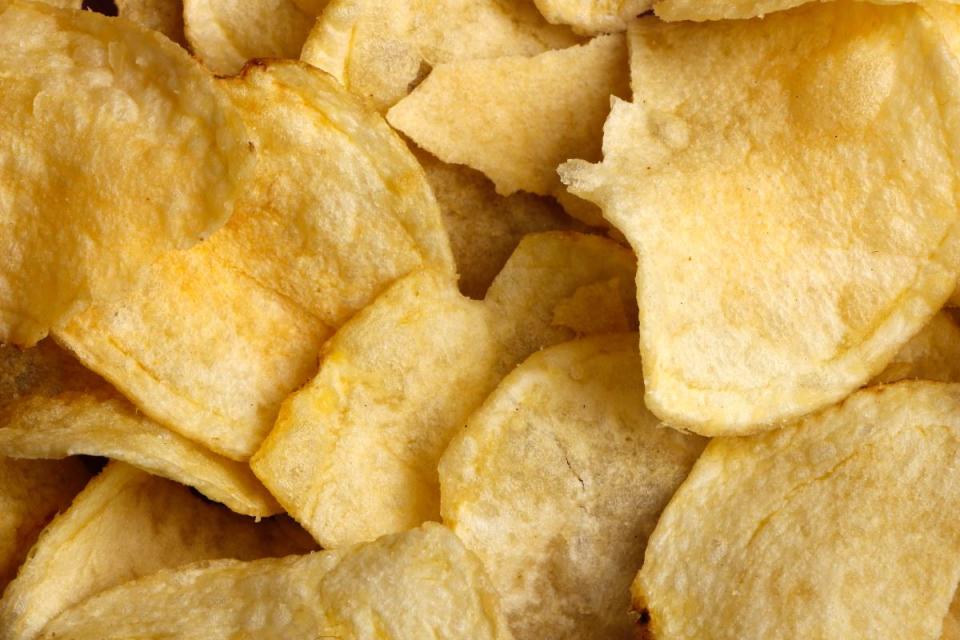
Mustafa Bashari via UnSplash
George Crum
The serendipitous creation occurred when a dissatisfied customer returned their French fried potatoes, citing thickness and saltiness as the issues. In response, Crum sliced a new batch ultra-thin and fried them until they achieved a hard and crunchy texture. Surprisingly, the customer enjoyed the unconventional dish, marking the inception of the first potato chips.
While some accounts attribute the invention to Crum's sister Kate, who worked as a prep cook alongside him, the legacy of potato chips endured. Crum went on to establish his own restaurant, Crum's House, which proudly featured a basket of potato chips on every table, contributing to the widespread popularity of this salty snack.
Related: I'm a Food Editor and These Are the Black-Owned Food & Beverage Brands I Swear By
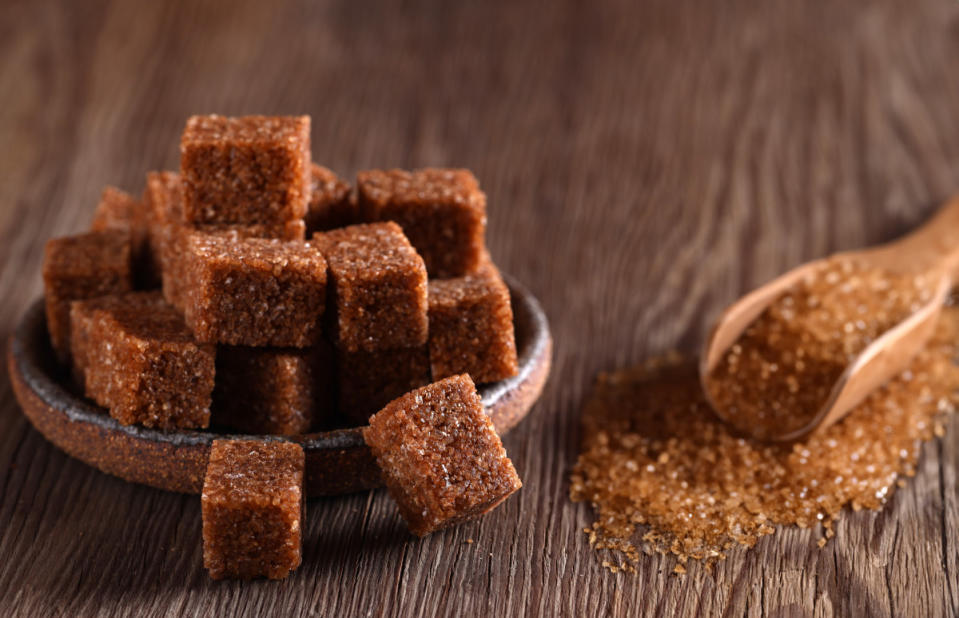
IMAGO / Pond5 Images
Marie Maynard Daly
Marie Maynard Daly, born in 1921 in New York, exhibited a profound passion for science. Touted as the first African American woman to attain a Ph.D. in chemistry in the United States, Daly's scientific influence extended well beyond the accomplishment of her degree.
Daly dedicated her research to significant studies on cholesterol, sugars and proteins, aiming to deepen our understanding of how these components impact arterial health. Her work delved into the intricate relationships between sugars and various nutrients, shedding light on the interplay that affects the well-being of the heart and circulatory system through dietary factors.
In the realm of science and food, numerous Black scientists, innovators and inventors have left indelible marks over the past two centuries, both in substantial and subtle ways. Marie Maynard Daly and her counterparts are celebrated for their invaluable contributions, each playing a vital role in addressing the challenges that lie ahead in advancing our understanding of nutrition and its impact on human health.
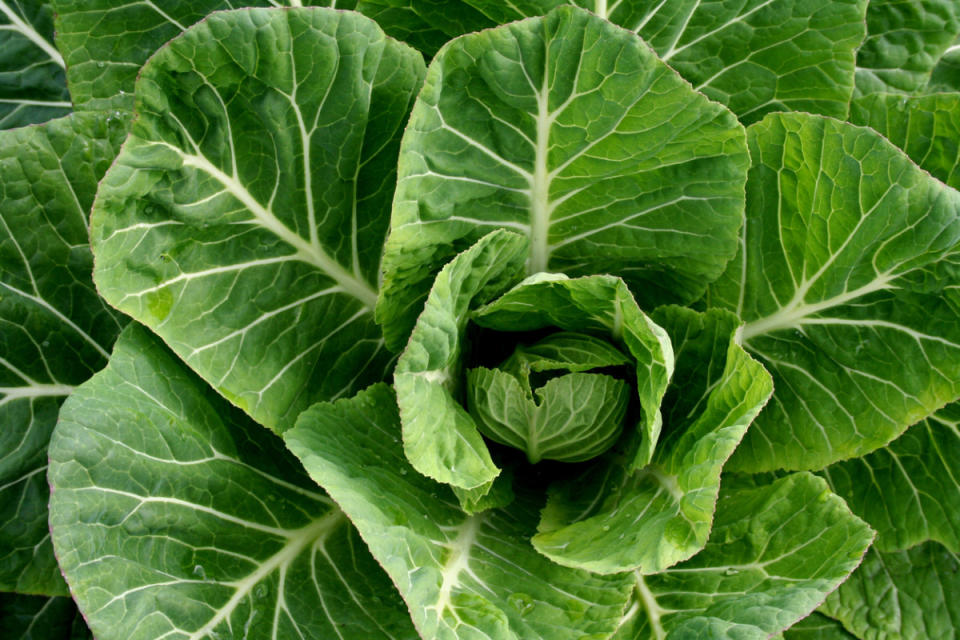
iStock
Malinda Russell
Malinda Russell's name may not be of household stature to all, but if you spend a lot of time in your kitchen, it should be. Known as the first Black cookbook author, Russell published A Domestic Cookbook: Containing a Careful Selection of Useful Receipts for the Kitchen in 1866.
Born around 1820 in Tennessee, Russell—a free woman of color—traced her lineage to a grandmother who had been emancipated from slavery. Beyond her culinary skills, Russell's diverse career included roles as a cook for prominent families and the proprietor of a boarding house, pastry shop and washhouse. The motivation behind her cookbook's publication was to generate sufficient funds for her return to Tennessee.
This culinary masterpiece spans 39 pages and encompasses 250 concise recipes for both food and home remedies. Russell's cookbook provides valuable insights into the gastronomy and culture of the era, while challenging preconceived notions about Black cuisine, particularly in the context of soul food. Through her pioneering work, Malinda Russell has left an enduring mark on the culinary landscape, showcasing the richness and diversity of African American culinary traditions during her time.
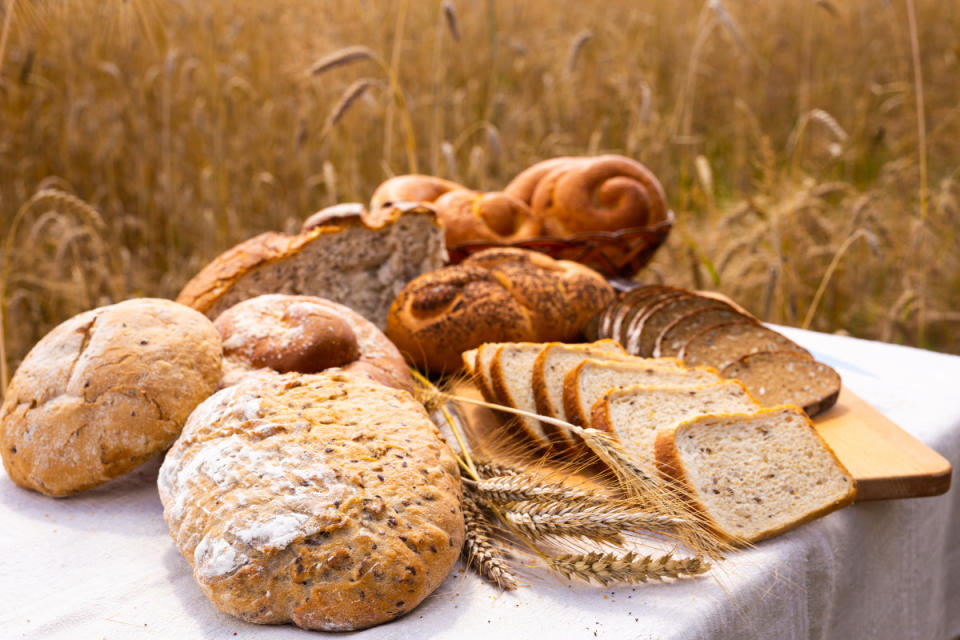
IMAGO / Pond5 Images
Joseph Lee
Born in 1849, Joseph Lee carved a noteworthy legacy in the food service industry. His journey began in his youth where he worked at a bakery and swiftly progressed from menial tasks to the intricate art of preparing, cooking and serving food. This early experience laid the foundation for Lee's culinary expertise, leading him to establish two prosperous restaurants in the bustling city of Boston.
During the late 1890s, Lee extended his influence by owning and managing the Woodland Park Hotel in Newton, Massachusetts—a role he dedicated himself to for an impressive 17 years. It was during this time that he would go on one of his most important venture yet: creating an automated bread-kneading machine that produced more bread that produced much more bread than the hotel needed. As a result of the leftover bread, Lee created his second machine—an automatic bread crumbing machine—to ensure no bread went to waste.
In 1902, driven by a desire to stay connected with the food services realm, he founded the Lee Catering Company. This catering enterprise specifically targeted the affluent residents of Boylston Street in the Back Bay area. Concurrently, Lee ventured into the hospitality sector with the operation of the Squantum Inn, a summer resort in South Shores that specialized in seafood.
Up next: Sheryl Lee Ralph's Speedy Lemon Shrimp Pasta is the Weeknight Dinner of My Dreams

